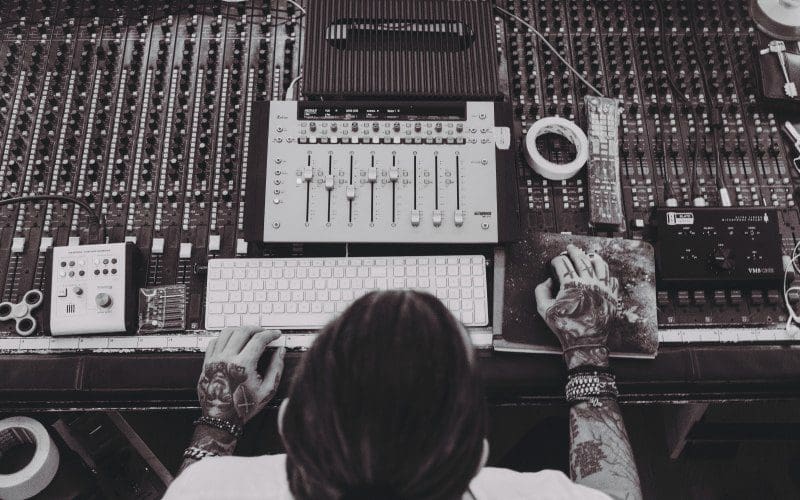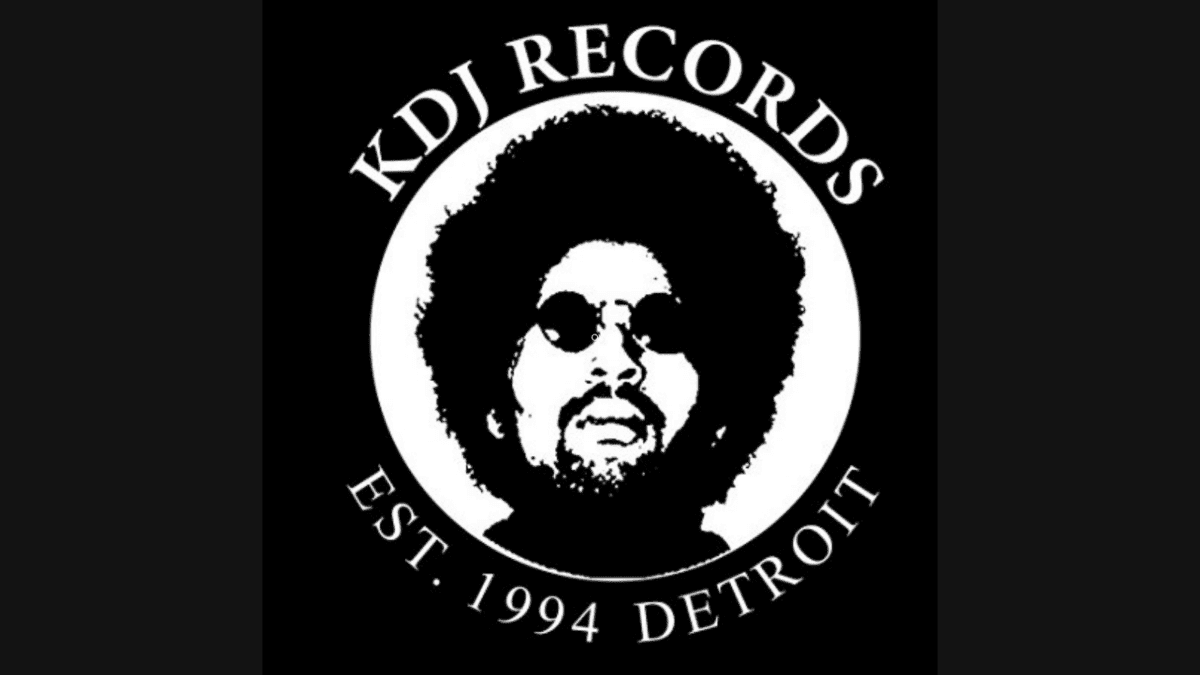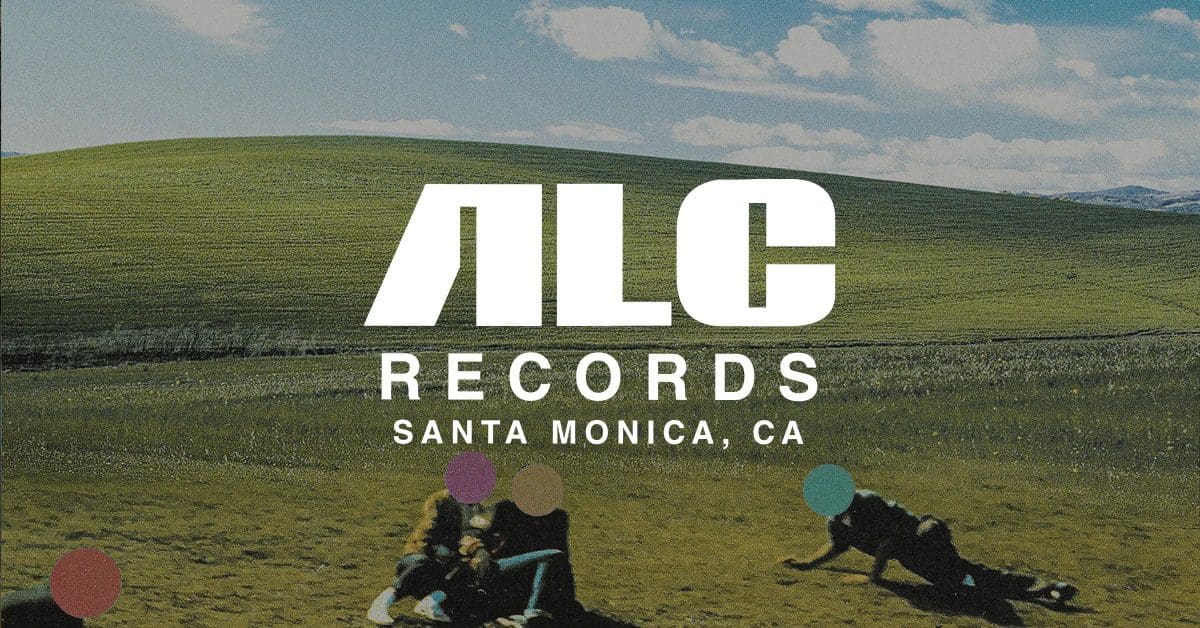
Establishing and maintaining a successful career in the music industry often requires more than talent and dedication. For many artists, understanding the intricacies of music contracts is an essential aspect of navigating the business side of their profession.
These agreements, which can be complex and multifaceted, serve as the foundation for various relationships within the industry, including those between artists, producers, record labels, and publishers. In this article, we’ll concisely explain music contracts and their significance in the contemporary music landscape.
What Are Music Contracts?
At their core, music contracts are legally binding agreements that outline the terms and conditions for a specific business relationship or transaction in the music sector. They define each party’s rights, responsibilities, and obligations, providing clarity and protection for both artists and industry professionals. These contracts also cover various aspects of the music business, including album releases, royalties, touring, merchandise, and licensing.
Music contracts play a critical role in shaping and safeguarding the careers of artists and industry professionals alike. They provide a legal framework that ensures fair compensation, protects intellectual property rights, and fosters accountability between involved parties. As the music industry continues to evolve, understanding the nuances of these agreements becomes increasingly crucial for artists looking to build sustainable careers in an ever-changing landscape.
However, music contracts can be complex and daunting, especially for new and emerging artists who may not have legal expertise or industry experience. Artists must understand the terms and conditions of any contract they sign and seek legal advice if necessary. Moreover, with the rise of digital music platforms and the changing landscape of the music industry, it’s more critical than ever to have a solid understanding of music contracts.
Are you releasing new music?
Book a meeting with a Music Gateway A&R today.
Discuss release strategies, distribution, growing your fanbase, organic playlisting, press, radio and more.
Standard Terms in Music Contracts

When negotiating a music contract, it is essential to understand the contract’s terms and conditions, seeking legal advice if necessary. Here are some critical points to consider:
· Royalties: Royalties are the payments made to artists, songwriters, and other parties to use their music. Understanding the royalty structure outlined in the contract is essential when negotiating a fair share of royalties.
· Advances: Advances are payments made to artists or songwriters before releasing an album or single. It’s important to negotiate for a fair advance, covering recording and promotion costs.
· Ownership: Ownership of music copyrights is a consideration in any music contract. It’s crucial to understand who owns the copyrights and to negotiate for a fair share of the ownership.
· Promotion: Promotion is essential for the success of any music release. It may be necessary to negotiate a promotion budget, ensuring the contract clearly outlines the promotion plan.
Types of Music Contracts
Music contracts come in various forms, catering to different aspects of the music-making process. They can include recording contracts, publishing agreements, management deals, and performance contracts.
Recording Contracts

Recording contracts are among the most common types of music contracts. Essentially, they are agreements signed between an artist and a record label for the recording and distribution of music. Under this contract, the label typically provides financial support for each stage of the recording process, including marketing, promotion, and distribution of the artist’s music. In exchange, the artist agrees to deliver a predetermined number of albums or songs to the label within a specified timeframe. The terms of these agreements often include details on royalty rates, advances, recoupment, and ownership of master recordings.
Publishing Contracts
These contracts are between a songwriter and a music publisher. A publishing agreement can involve assigning partial or full ownership of copyrights to a publisher in exchange for their expertise in promoting and monetising an artist’s catalogue. Promotion can take place through various channels, such as licensing for film, television, commercials, or other synchronisation opportunities. Publishers also collect royalties on behalf of songwriters from mechanical royalties (from physical or digital sales) and performance royalties (from radio play and live performances).
Management Contracts
These contracts between an artist and a manager outline the terms of the relationship between the two parties. They can include the scope of services offered, the management’s responsibilities, the duration of the agreement, and the manager’s compensation. Typically, this compensation will be a percentage of the artist’s gross income.
Performance Contracts

Performance contracts detail the terms and conditions for live performances, including payment, technical requirements, and liability concerns.
Licensing Contracts
These are contracts between a music owner and a licensee. They outline the terms of the licensing process, including the rights granted to the licensee, the payment structure, and the license duration.
Final Thoughts
Music contracts are a crucial component of the music industry that help protect the rights and interests of all parties. While they may seem daunting and complex, understanding the key terms and clauses is essential for any artist or music professional looking to succeed in the industry.
These agreements can have long-lasting effects on an artist’s career and earnings. Accordingly, it’s essential to seek legal advice and negotiate fair terms before signing any contract. Additionally, with the rise of digital music and streaming services, it is crucial for contracts to address issues such as royalties, licensing, and distribution clearly and comprehensively.
As the music industry evolves, music contracts must adapt to new technologies and business models. Ultimately, a well-drafted and negotiated music contract can provide a solid foundation for a successful career in the music industry. Furthermore, they ensure all parties receive fair and equitable treatment.









